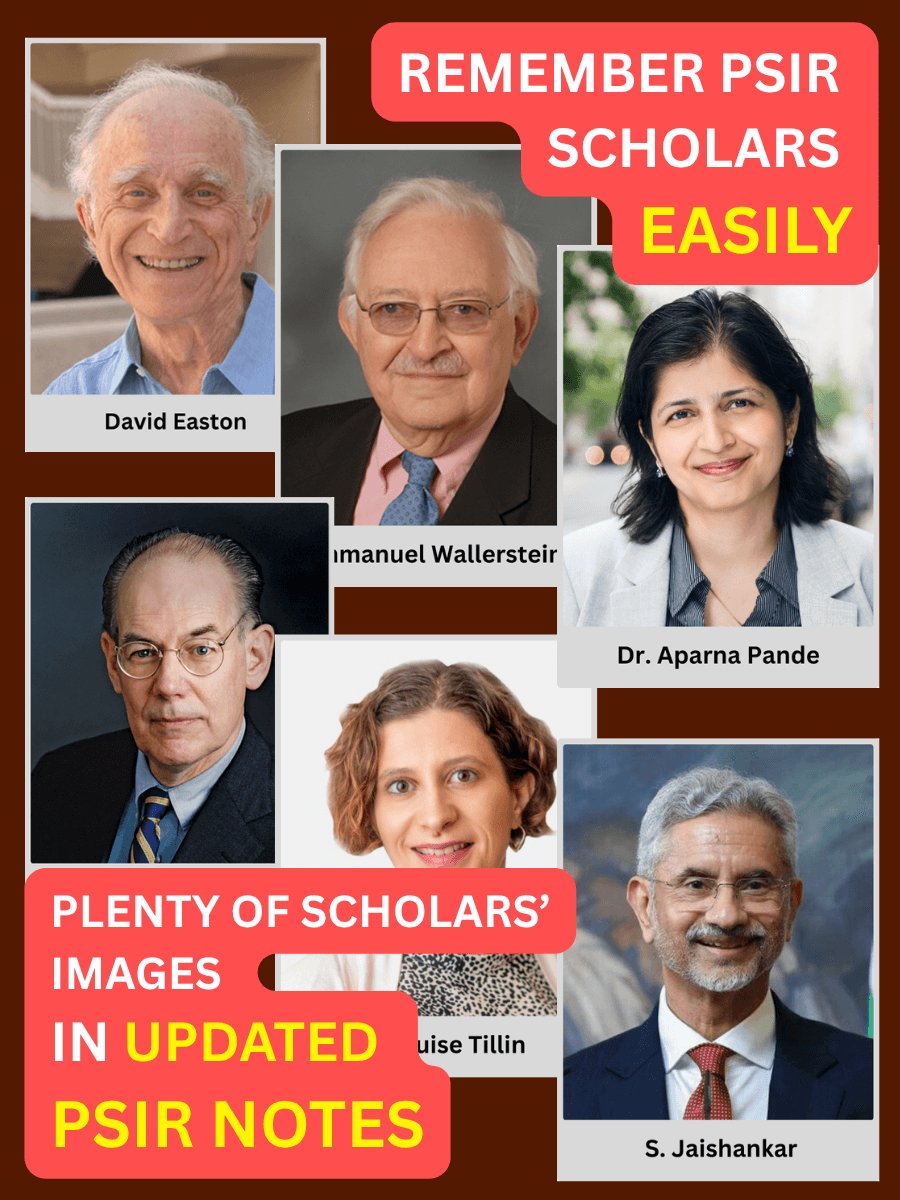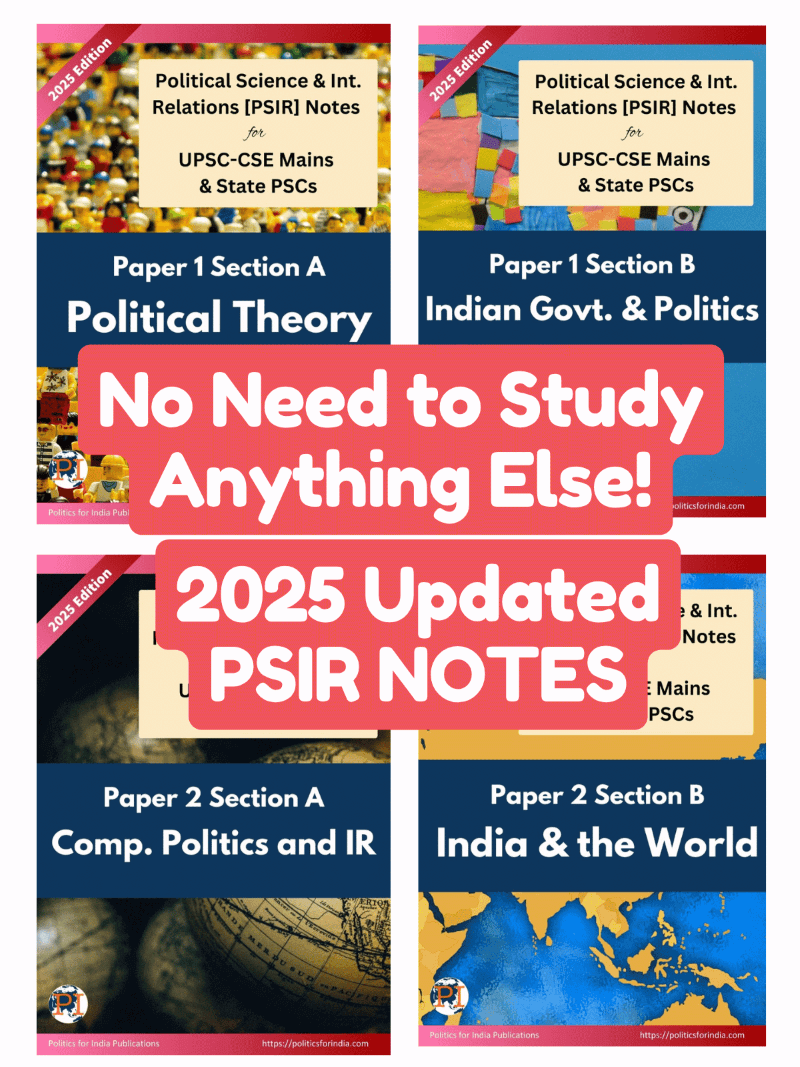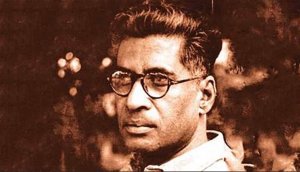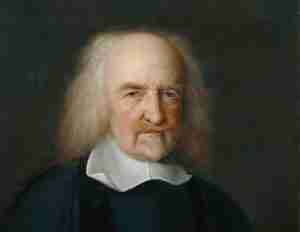1] Life of John Locke
John Locke, born on August 29, 1632, in Wrington, England, was a pivotal figure in the Enlightenment and is often hailed as the “Father of Liberalism.” His ideas on empiricism, natural rights, and government profoundly influenced modern political thought and the development of democracy.
Locke’s father was a lawyer and served as a captain in the Parliamentarian army during the English Civil War. During education, he developed a keen interest in medicine and natural sciences, eventually collaborating with renowned scientist Robert Boyle.
Locke’s medical expertise led him to become the personal physician to Anthony Ashley Cooper, a prominent political figure. Through this association, Locke became deeply involved in political affairs and served in various governmental roles. His political involvement made him a target during the reign of King Charles II, leading to his exile in Netherlands.
During his exile, Locke composed several of his most influential works. In An Essay Concerning Human Understanding (1689), he argued against the notion of innate ideas, proposing instead that the mind is a “tabula rasa” or blank slate, shaped by experience. This work laid the foundation for modern empiricism.
In Two Treatises of Government (1689), Locke challenged the divine right of kings and advocated for the social contract theory. He posited that individuals possess natural rights to life, liberty, and property, and that governments must be based on the consent of the governed. These ideas significantly influenced the development of liberal political philosophy and were instrumental in shaping the American and French revolutions.
Locke also addressed religious tolerance in his Letter Concerning Toleration (1689), arguing for the separation of church and state and the importance of religious freedom. After the Glorious Revolution of 1688, Locke returned to England and continued his writing and political engagement.
Locke died on October 28, 1704, in Essex, England. His philosophical contributions have had a lasting impact on various fields, including political theory, education, and epistemology.
____
Political liberalism is a theory of limited state. Rights of the citizens limit powers of state.
Types of Rights / Theories of Rights
1] Customary rights : Based on customs and traditions.
2] Legal rights : Law/State is a source of right.
3] Natural rights : Source of rights in nature and not the state.
Theory of Natural Rights
Natural rights are given to man by nature/God and hence state cannot deprive a person from these rights against their wish. Every fundamental right is natural right (reverse is not true.) The theory of natural rights is also the basis for human rights. Locke is a scholar of capitalist class. He has given justification for absolute right to property. Hence, he is also the scholar of ‘possessive individualism’. Locke has given theory of 1] Separation of powers. 2] Principles of toleration. 3] Majoritarian democracy.
Locke also belongs to the tradition of social contract. Locke also belongs to England. He has witnessed, ‘Glorious revolution’ (1688). Since he has witnessed peaceful change, he develops more balanced view of human nature.
Locke’s major works are the two treatises on Civil Government. In this context, the word “treatises” refers to formal and systematic written works that deal with a particular subject in a detailed and organized manner.
2] Content of the 1st Treatise of Locke
Locke was contemporary of Hobbes. It is said that he wanted to challenge Hobbes’ theory of absolute state. However Hobbes’ work became controversial and prohibited by church. Hence, he targeted the theory of absolute state given by Filmer in his book PATRIARCHA. Filmer was critic of theory of social contract. He criticized the theory of social contract on two grounds.
1] It is not a logical theory of the authority of the state. Contract means will of the man. It means authority of state is based on the will of the man. If authority is on the will of the man, it is illogical to accept future generations to accept the contract entered by forefathers.
2] With respect to right to property, heredity rather than contract is a more logical basis of right to property.
According to Filmer, state is ‘Patriarcha’. Which means a big family of God. Adam was the first king; Adam was son of God. All successive kings are the heirs of Adam. Since Adam had absolute authority, kings also have absolute authority.
A] Locke’s Criticism of Filmer
He rejects the theory that state is created by God. Even if we believe Adam was the first king, but such event happened in a very remote period of history. At present there are so many kings, how to identify who is the genuine heir of Adam?
Hence, he suggests to look for the new basis of the authority of the state rather than the basis of the Adam’s theory (God created state).
Locke also rejected the theory of absolute authority of the state. He argues that authority of the state cannot be absolute. State is not a family, rather family of families. Authority of king cannot be at par with the authority of patriarch or father. Father’s authority is absolute in the family because children are completely dependent on father. Citizens are adults, they are dependent on state only for few matters. Hence authority of state cannot be absolute. Locke gives the labour theory of property. Property belongs to that person, who has put his labour.
Locke’s views are very similar to the views of Aristotle. In the words of Aristotle, “The authority of masters differs from the authority of statesman.”
3] Content of 2nd Treaties of Locke
In the second book he has given theory of government by using social contract.
A] Locke’s view on Human Nature
Every thinker is child of his times. We can see the impact of his times on his description of human nature. If Hobbes has seen the troubled phase of British history and gives the pessimistic view, Locke has seen the stable period and so gives ‘balanced view’. Locke is not as logically consistent like that of Hobbes. Locke’s theories are more based on common sense. Just like Plato is logically consistent, but Aristotle’s theory is based on common sense.
B] Characteristics of Human Nature
He takes the view of enlightened self-interest. According to him, man is self-centred but it does not mean that man is not capable of taking care of the interest of others. In man, reasons and passions are present in balanced form. In the words of Locke, “reason in man guides him, not to harm the other in his life, liberty, health and property.” Thus man is rational enough to understand that if he respects the life, liberty, property of other person, other person will also respect his rights.
C] State of Nature
It is hypothetical concept… Unlike Hobbes, where the state of nature is the state of war because man does not have sufficient reason, the state of nature in Locke is the state where peace, mutual assistance and goodwill prevail. In the state of nature, people are enjoying natural rights. They are able to do so because of the presence of reason. i.e. the natural law / due process of law.
D] Why Contract in Locke?
When the state of nature is a state of peace, goodwill and people are enjoying rights, what is the need of the contract?
Though peace and goodwill are prevailing, yet it is not rational to leave things on the goodwill of man. If man has reason, man also has passion. Hence man requires insurance against such a scenario. Since man can lead a good life even without state, hence there is no need for giving absolute powers to the state. Locke also mentions certain inconveniences in the state of nature. What was the inconvenience? Absence of common authority to make law, execute law and adjudicate law. In the state of nature, common authority was absent hence everyone was interpreting the natural law according to his own preference. We cannot expect a person who kills his brother to proclaim himself as guilty. Common sense also suggests one cannot be lawyer and judge at the same time. Hence, to remove these inconveniences, and to ensure that peace and goodwill continues to prevail, man enters into the contract. What is the purpose of the contract? The main purpose is the creation of common authority. This common authority is government. Locke’s contract In Locke, there are two contracts, whereas in Hobbes there is a single contract.
E] Comparison Between Hobbes and Locke
| Hobbes | Locke |
| Man is dominated by passion | Passions and reason are in balanced form |
| State of nature is that of war. Life of man is nasty, poor, brutish and short. | State of Nature is peace, goodwill and mutual assistance |
| No rights were enjoyed by people. Not even security of life. | People have natural rights. |
| No rights without state. | People had rights without state |
| Believes in Positive law (state is origin of rights) e.g. UK | Man has natural rights e.g. USA |
While Hobbes only talks about single contract, Locke talks about 2 levels of social contract.
For Hobbes, Society, State, Government are result of single contract. Man became social and political at once.
Locke, however suggests that in the state of nature, man was already living in the society. Man enters into two contracts. First contract leads to the creation of civil society and second contract, to the creation of government. According to Locke, civil society was formed in first contract. In the state of nature, man was enjoying rights, but there was no formal recognition or guarantee. Hence in the first contract, people have guaranteed each other’s rights by giving formal recognition.
(Institutions excluding family and government are called as civil society. Civil society is independent of the govt. or free from govt. It is a feature of liberal democratic societies.)
F] Second Contract
Second contract leads to the formation of government.
People have transferred three of their rights to the government.
1] Right to make law. 2] Right to execute law. 3] Right to adjudicate law. Hence emerged the common authority with three organs. Legislature, Executive, and Judiciary. Man has not transferred its right to life, liberty and property. It is irrational to assume that any person can live life without these rights. They are very fundamental to the existence of man. These are inalienable rights.
Locke gives the concept of government by consent, means elections of the person who are going to run the government. Those who will get majority will form the government. Thus Locke supports majoritarian model of democracy. Consent represents the free will of man.
There are two types of will 1] Explicit 2] Tacit (hidden)
For those who are in government, majority has given explicit consent. For those who are in government, minority has given tacit consent. It means that once the government is formed, all are supposed to follow the laws. No one can claim that “I will not follow because I have note voted for the party in power.”
G] Powers of the Government
Since government is not necessity, it is just a matter of convenience. Unlike Hobbes, who gives absolute powers, Locke gives only limited rights. Power of govt. is limited by FRs. i.e. Right to life, liberty and property. What does it mean? It means govt. cannot take away these rights, which means it cannot make any such law which deprive a person from his life, liberty and property. Why? We cannot expect any reasonable person ever willing to transfer his right to life, liberty and property. It also means that govt. has no original powers, only delegated powers. Delegated powers mean – it cannot act on his own will. It has to act according to the will of the people. It means government is a trust and people are trustees. Government has to act according to the wishes of trustees.
What if government does not act according to the wishes of the trustees?
People will have right to revolt.
Peaceful revolution, there is no need of violence because people are rational. Hence the problems can be resolved through dialogue. Thus, for liberals, freedom of speech and expression is a necessary component of democracy.
Revolution in simple sense means change in the set of persons ruling.
What are the conditions where people have right to revolt?
- When government act against the wishes of the people.
- If executive does not allow legislature to function.
- If executive does not implement the laws passed by legislature.
- If executive puts people under the rule of foreign prince or government.
3] Locke’s Theory of Rights & Property
He was the first person to give theory of natural rights. According to Locke nature is a source of right. In state of nature, man was able to enjoy natural rights because man has reason and reason guides not to harm the life, liberty and property of others.
Reason denotes natural law. In the state of nature, man was able to enjoy natural rights because of the presence of natural law or reason. It implies that the ultimate guarantee for the protection of rights is reason in man.
A] No Law No Liberty
No law, No liberty – Locke
In above statement, Locke has established that reason /Natural law or the principle of due process of law is the ultimate guarantee for the enjoyment of liberty. In the state of nature, man was enjoying the natural rights. In the words of Locke, “reason in man guides him not to harm the life, liberty, health and property of the other.” Hence reason/ natural law ensured that the state of nature is a state of peace, mutual assistance and goodwill.
Liberties of man remain protected even after the creation of government. Law made by government has to affirm the law of reason or due process of law. e.g. Man has not transferred his right to life, liberty and property. Hence state cannot make any such law which deprives man from his natural rights. If state makes any such law, such law has no validity. It cannot be treated as reasonable, fair and just. In such situations, people will have right to revolt.
Thus it is mandatory that the law made by government affirms to the principles of reason. Government is a trust, people are trustees. Government has no original powers, government has only delegated powers.
Thus reason or natural law is a guarantee of peace and hence “no law (reason), no liberty”. It also indirectly implies that to be able to enjoy liberty, man has to be reasonable. The concept of due process of law is found in Indian constitution in Art 19, according to which, government can impose only reasonable restrictions. In Menka Gandhi case SC held that even in Art 21, the concept of due process of law is present in the doctrine of procedure established by law.
It can be noted that even Hobbes says that ‘No Law, No Liberty’. However, the meaning of word law is interpreted differently by Hobbes. By the word ‘law’, Locke suggest reason or natural law. However, when Hobbes uses the word ‘law’, he means to suggest positive law i.e. law made by the state
B] Right to Property
“The sole purpose for the formation of commonwealth is the protection of property.” – Locke
Locke is a scholar of possessive individualism (Capitalist class). It means man has absolute rights over his property.
Why man should have absolute right over his property?
Property is the product of one’s labour. Labor is a part of man’s personality. Man should have absolute rights over the product of his labour. If state takes away the property of a person, it violates the dignity of that person. It commits the act of aggression. Man should have absolute right or entitlement over property. According to Locke, person has absolute right over his labour, the labour of his slave and labour of his horse. Thus he justifies absolute right to property.
Out of all rights, property is the most important right. Hence, at times, Locke uses the term right to property to include life and liberty.
Origin of Property According to Locke
Initially property was held in common. It is common sense that property can never remain in common. Those who were industrious, enterprising became the owners. Those who were lazy, quarrelsome, and day dreamers remained poor.
According to Locke, God has created apple, milk, meat, to eat and drink and not to sacrifice. Thus Locke is also utilitarian. Those who are industrious will be able to lead good life.
Limitations on Right to Property
Locke has given three limitations.
1] Labor limitation. It means only that property is justified which is the product of labour.
2] Right to property belongs to all, no one can deprive the other from his right to property (against feudal lords).
3] No right to spoil property.
Thus the limitations are actually no limitations. They all favour the capitalist class. For capitalist class, property is sacred. It is a source of virtuous life.
“Sole Purpose for which state is created is protection of property”
Locke is known as scholar of possessive individualism. he is known as scholar of possessive individualism because of the justification of the absolute right to property. He established property as a sacred institution. God has created property so that man can lead good life. God has not created property so that man destroys it. Man has natural right to property. Right to property is most important of all rights, as it includes right to life and liberty. Man has not transferred his right to property.
State cannot make any such law which deprives a person from his absolute right to property. If State deprives a person man has right to revolt. State has been created, not to limit the property but to protect the property.
Man has absolute right over the property because property is the product of the labour of man. It is entitlement of man. One should have absolute right over one’s personality.
Thus Locke justifies absolute right to property, though he puts limitations like labour limitation, spoilage limitation yet he suggests that role of state is just like that of a night watchman.
4] Locke on Toleration
Locke recommends state to adopt the principle of toleration towards the followers of different religion. (Hobbes does not provide even religious freedom and state can dictate in the matter of religion.) According to Locke, no one listens to the magistrate in the matters of conscience. However he suggests state to tolerate the people following any religion but state should not tolerate Atheists. State should throw them out.
5] Assessment of Locke
Locke is an individualist out and out.
For individualists, self is prior to whole. Origin of individualism dates back to sophism. Individualism emerged as a prominent philosophy in modern times. Locke is also individualist in both methodological sense as well as normative sense. He also builds his social contract on the individualistic nature of man. However individual in Locke is more enlightened than individual in Hobbes. Since individual is more enlightened, Locke creates limited state. Locke is normative individualist as 1] He gives the theory of natural rights of man. 2] He suggests consent as the basis of authority. 3] Government has no original powers. 4] People have right to revolt. 5] He gives absolute right over property hence he is also called as the scholar of ‘possessive individualism’.
Thus, Locke is also individualist. Hobbes is known as greatest of all individualist. Whereas Locke is called as individualist out and out (throughout). Lock is called as ‘individualist out and out’, because unlike Hobbes, who does justify that absolutism of the state, Locke nowhere talks about absolutism of the state. e.g. If it is said that Hobbes begins as an individualist but ends as absolutist (McPherson), but Locke remains individualist throughout.
6] Test Your Knowledge
1] The source of natural rights is
a) Customs and traditions
b) Law
c) Nature/God
d) Religion
Show Answer
Ans: c) Nature/God
2] Which of the following theories has NOT been given by John Loke?
a) Separation of powers
b) Principles of toleration
c) Majoritarian democracy
d) Popular sovereignty
Show Answer
Ans: d) Popular sovereignty
3] Locke’s view of limited authority of state is similar to that of?
a) Aristotle
b) Plato
c) Hobbes
d) Hegel
Show Answer
Ans: a) Aristotle
4] Which of the following statements is true regarding Hobbes and Locke?
a) Both believe in natural rights
b) Both advocate for absolute authority of state
c) Both hold pessimist view of human nature
d) Both belong to the social contract tradition
Show Answer
Ans: d) Both belong to the social contract tradition
5] What was the need of social contract according to Locke?
a) It was not rational to leave things on the goodwill of man
b) To create common authority
c) For uniform interpretation of natural law
d) All of the above
Show Answer
Ans: d) All of the above
6] For Locke, the first contract led to the establishment of
a) Civil society
b) Government
c) Family
d) Legislature
Show Answer
Ans: a) Civil society
7] Which rights are not surrendered in the second contract according to Locke?
a) Right to make laws
b) Right to implement laws
c) Right to life, liberty and property
d) Right to adjudicate laws
Show Answer
Ans: c) Right to life, liberty and property
8] According to Locke, what can people do, if the government does not act according to their wishes?
a) Revolt peacefully
b) Violent revolution
c) Revert back to state of nature
d) Change the form of government
Show Answer
Ans: a) Revolt peacefully
9] “No law, no liberty” implies that the ultimate guarantee for the protection of rights of man is
a) State
b) Reason
c) Civil Society
d) Family
Show Answer
Ans: b) Reason
10] According to Locke, the sole purpose for which state is created is
a) Protection of property
b) Protection of religious freedom
c) Protection of conscience
d) Formation of common law
Show Answer
Ans: a) Protection of property
11] Locke recommends the state to
a) Adopt principle of toleration
b) Tolerate atheists
c) Dictate in matters of religion
d) Propagate a single religion
Show Answer
Ans: a) Adopt principle of toleration
12] Which of the following titles does NOT befit John Locke?
a) Father of liberalism
b) Scholar of possessive individualism
c) Scholar of capitalist class
d) Propounder of direct democracy
Show Answer
Ans: d) Propounder of direct democracy














I am enjoying the notes.But here I was expecting to know more about Lock’s concept of “tabula rasa “.Didn’t find it even mentioned here.
Sir, how John Locke was not propounder of direct democracy (Q12)
Nice content creator you are man.
Much clarity is provided through the notes. And the division under heading helps in better understanding. Great content
great
Yes, we’ve never denied that. Also we’re working to update the Notes, If you can see we’ve already update Section 2B Topics 1, 2, 4 and parts of Topic 5. We’ll be updating entire notes mostly by May this year.
This section isn’t updated yet right?
Q.11 answer should be option ‘A’.
We’ve made the correction Rahul. Thanks!
Q. 11 Locke recommends the state to adopt the principle of toleration. Right?
Yes, the answer is wrong.
Good content